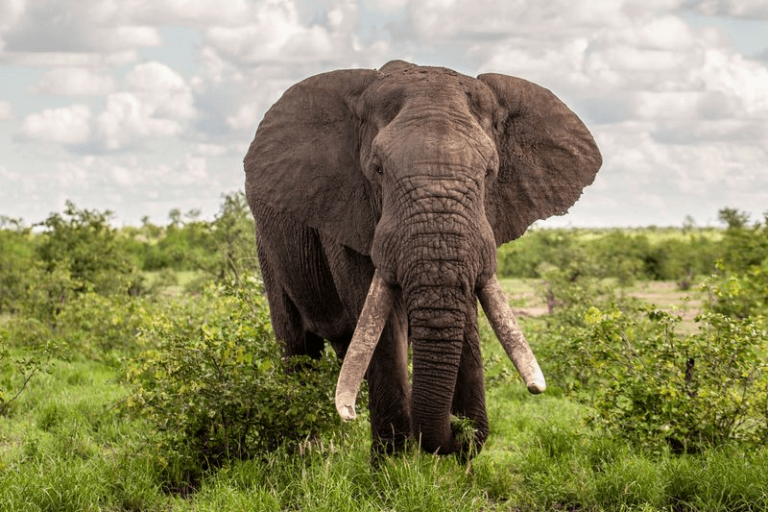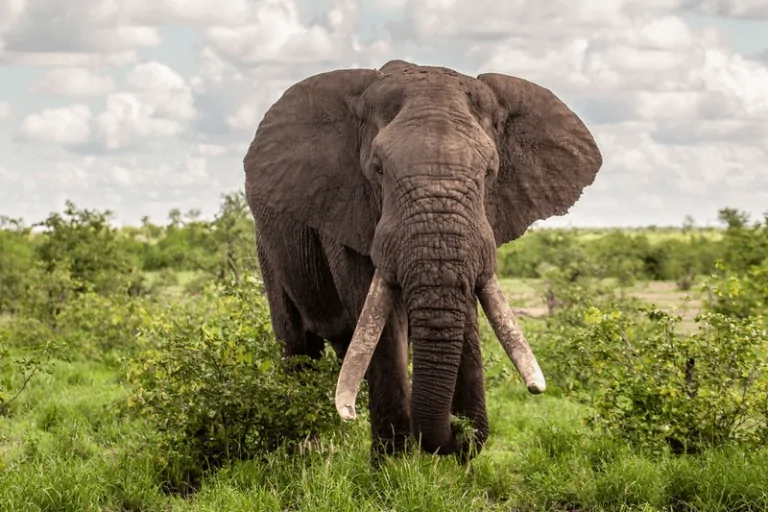

namibia's controversial cull reacting to drought and food insecurity
Controversial Namibia Cull: Drought Food Security Response
Namibia, known for its abundance of wildlife, is experiencing one of the worst droughts of the century, which has led to a drastic measure being put forward: the culling of over 700 wild animals for meat to feed the underprivileged populations. This has been described as a highly controversial measure that has fueled discussions pertaining to humanitarian crises in Southern Africa, human-wildlife conflict, and animal conservation.
These soaring temperatures and inadequate rainfall have worsened the unprecedented drought that Southern Africa, especially Namibia, has been facing since October 2023. Scientists say that to a greater extent, the degree of this drought is due to the El Niño weather phenomena and human-induced climate change. This drought, coupled with close to half of Namibia’s 2.5 million population expected to face extreme levels of food insecurity from July to September this year, has siphoned almost 84% of the nation’s food stockpiles.
This has prompted the Namibian government to launch culling which targets 723 animals including elephants, hippos, zebras, and antelopes. The cull aims to reduce human-wildlife conflict, besides providing much-needed food for the residents. Already government support programs have distributed over 56,875 kg of beef.
Culling is taking place in parks and communal areas where game numbers are seen to be sustainable to ensure that the remaining species survive. Some of the game targeted for culling include thirty hippos, sixty buffalos, 83 elephants, and three hundred zebras. The cull also targets areas where human-wildlife conflict is comparatively high. Here, elephants and other large animals are often in conflict with people from surrounding communities due to scant resources.
The cull is necessary,” the Namibian environment ministry argues, by citing the constitutional obligation to exploit natural resources for the benefit of its people. Environmentalists and animal rights organizations have assailed the ruling, arguing that other alternatives ought to be pursued, however.
There is precedent for Namibia’s decision to wipe out its animals: growing human-wildlife conflicts pushed the government in 2023 to attempt to bring down the elephant number. In addition to neighbors Botswana, Angola, Zambia, and Zimbabwe, it is home to over half of the African bush elephant population. Those countries have expressed concerns about “overpopulation,” but critics say such claims are often exaggerated.
The current cull forms part of a wider action to contain the numbers of wild animals due to increased human intrusion into the animals’ natural habitats, a condition catalyzed by the drought. While there are potential benefits, the move has raised ethical questions as to the balance between human interests and wildlife conservation.
The killing of iconic animals like elephants has sparked a global debate, with some viewing it as a necessary evil in the face of a humanitarian crisis and others as a result of inadequate protection of endangered species. Activities of the Namibian government have also underlined the difficulties of managing wildlife in a fast-changing environment where human activity, climate change, and conservation initiatives usually interact.
The world watches as Namibia struggles with this problem, considering what this divisive action will do to the human and animal populations in the country.
The Somali president supports their military forces to eliminate the threats from Al-Shabaab, ISIS, and Al-Qaeda. The Somali National Army…
UAE President Sheikh Mohamed bin Zayed Al Nahyan held talks with President Faustin Archange Touadéra of the Central African Republic…
African football teams struggle intensely in the World Cup Qualification rounds to earn their place on the international football stage.…
The journey toward the 2026 FIFA World Cup is rapidly intensifying for all African teams, who now hold a historical…
The cricket authority in Zimbabwe will organize matches between top international teams in a major cricket event expected to succeed…
In 2025 the South African Social Security Agency (SASSA) announced its designated dates for social grant payments that benefits millions…
This website uses cookies.